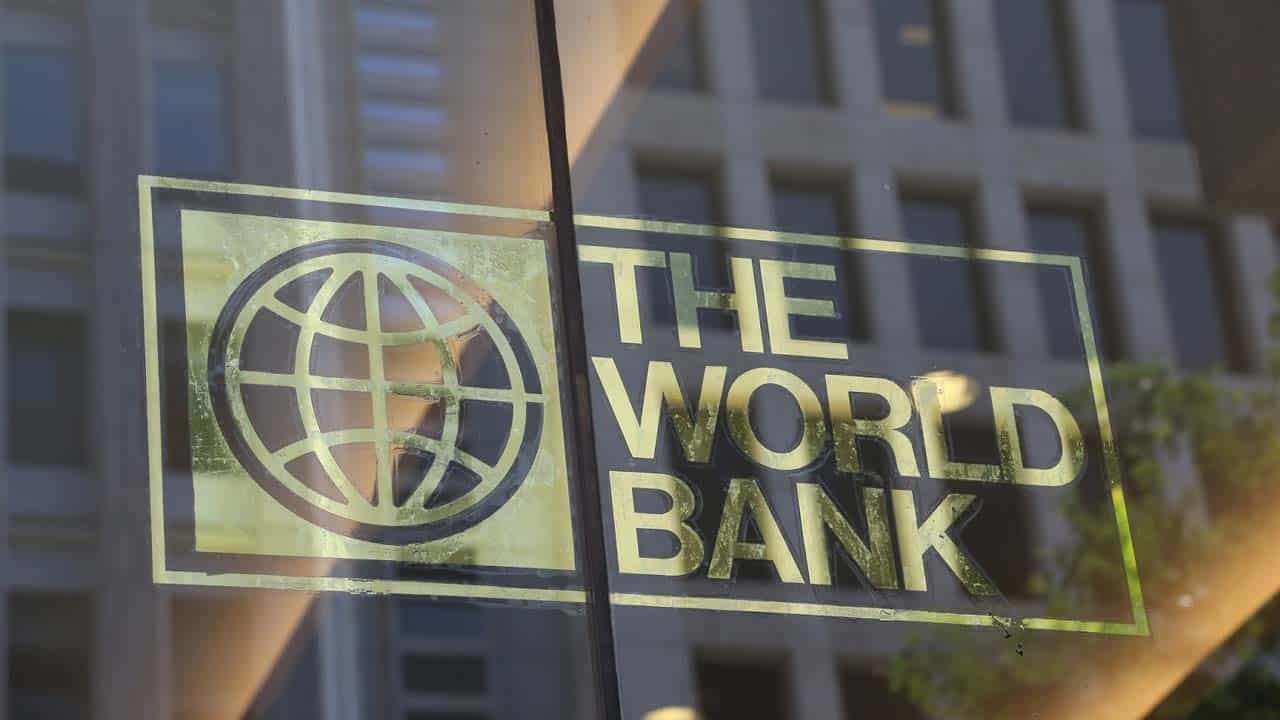The World Bank has announced a $130-million loan to help Tunisia cover the cost of cereal imports whose prices have spiralled since Russia’s invasion of Ukraine.
The package aimed “to lessen the impact of the Ukraine war by financing vital soft wheat imports and providing emergency support to cover barley imports for dairy production,” the lender said.
It would also help buy “seeds for smallholder farmers for the upcoming planting season,” it said in a statement late Tuesday.
Tunisia was already dealing with heavy public debt, a low credit rating and steep inflation before the Ukraine war, and has been left reeling by Russia’s military blockade of Ukrainian ports on the Black Sea.
“Tunisia faces a major grain supply shock due to difficulties in accessing financial markets and rising global prices which affected the ability to procure imported grain,” said the World Bank’s Tunisia country manager Alexandre Arrobbio.
Last year Tunisia imported 60 percent of its soft wheat, used for bread, and 66 percent of its barley from the Russian Federation and Ukraine.
The loan approved Wednesday aims to ensure “affordable bread for the poor, barley for livestock, and agricultural inputs for domestic grain production,” the World Bank said.
Bread is a vital part of Tunisian’s diets and bread shortages or price hikes have contributed to political upheaval in the past — including shortly before the 2010 uprising that toppled dictator Zine El Abidine Ben Ali and sparked the Arab Spring revolts.
The World Bank said its loan program was “expected to reduce import dependency through incentives to sustainably increase domestic grain production,” the World Bank said.








